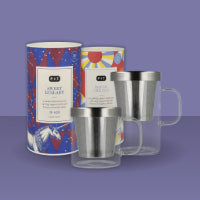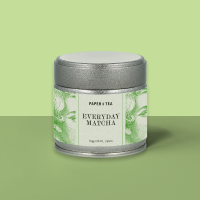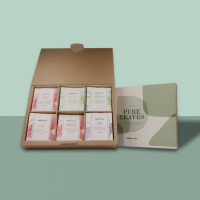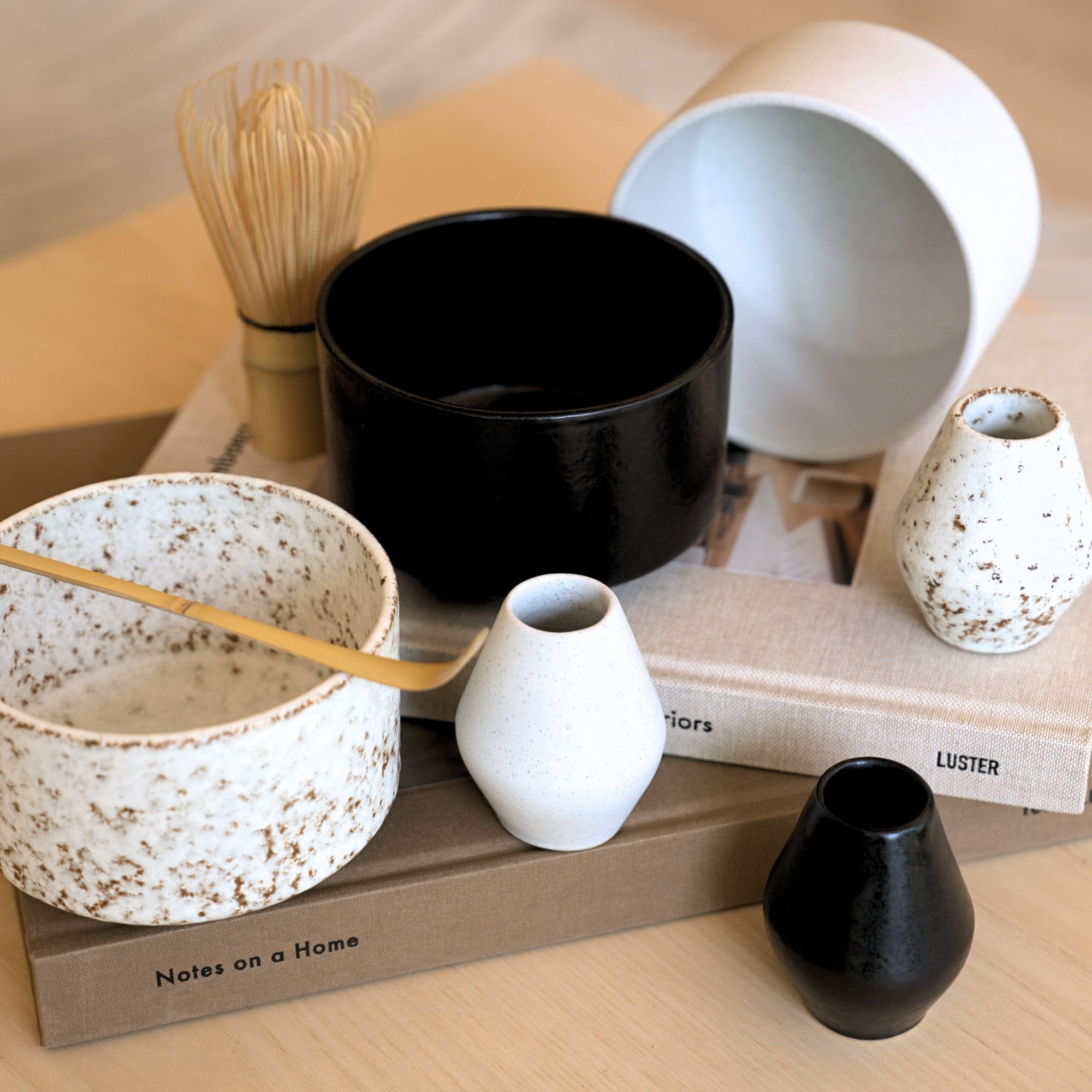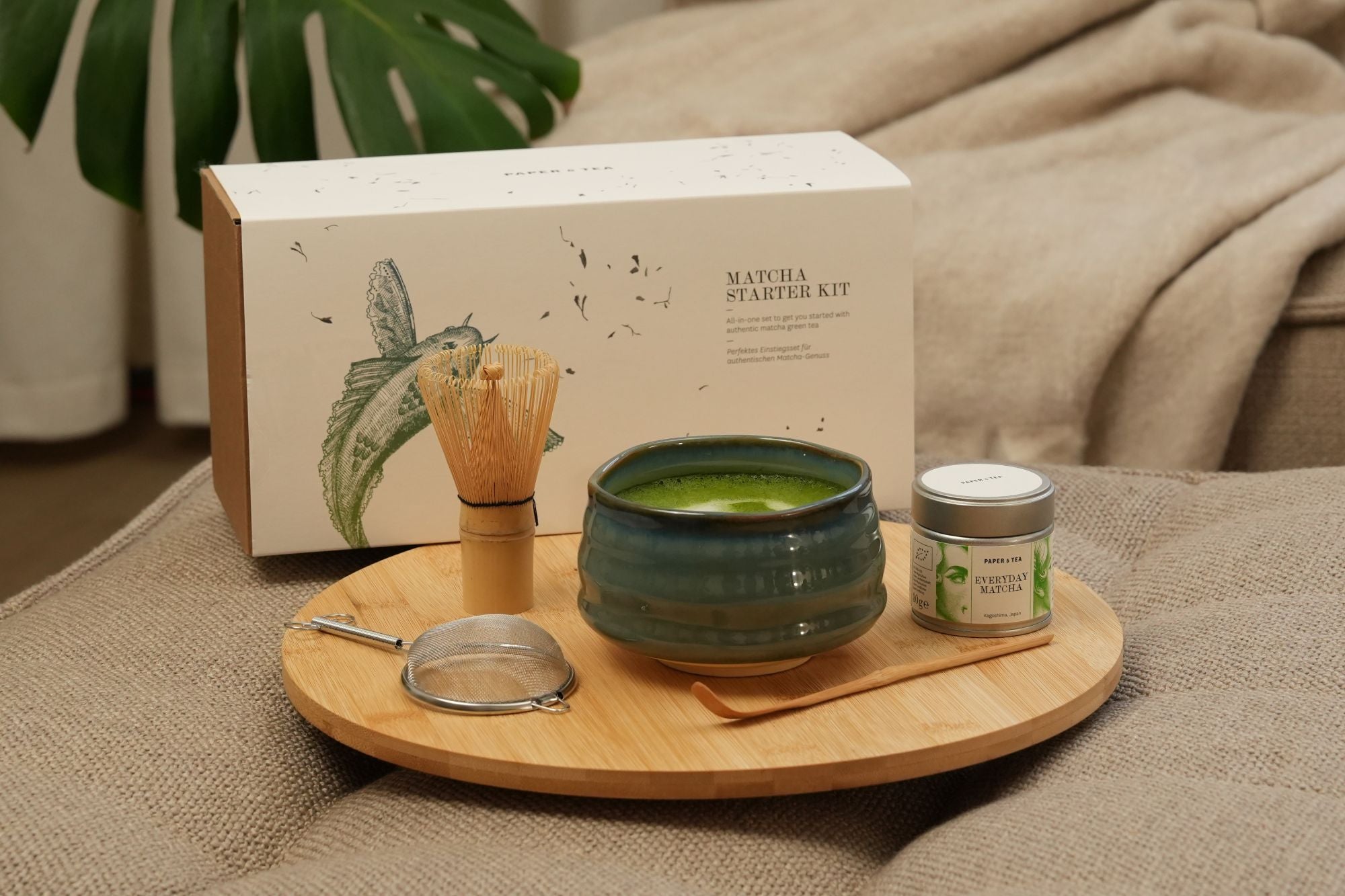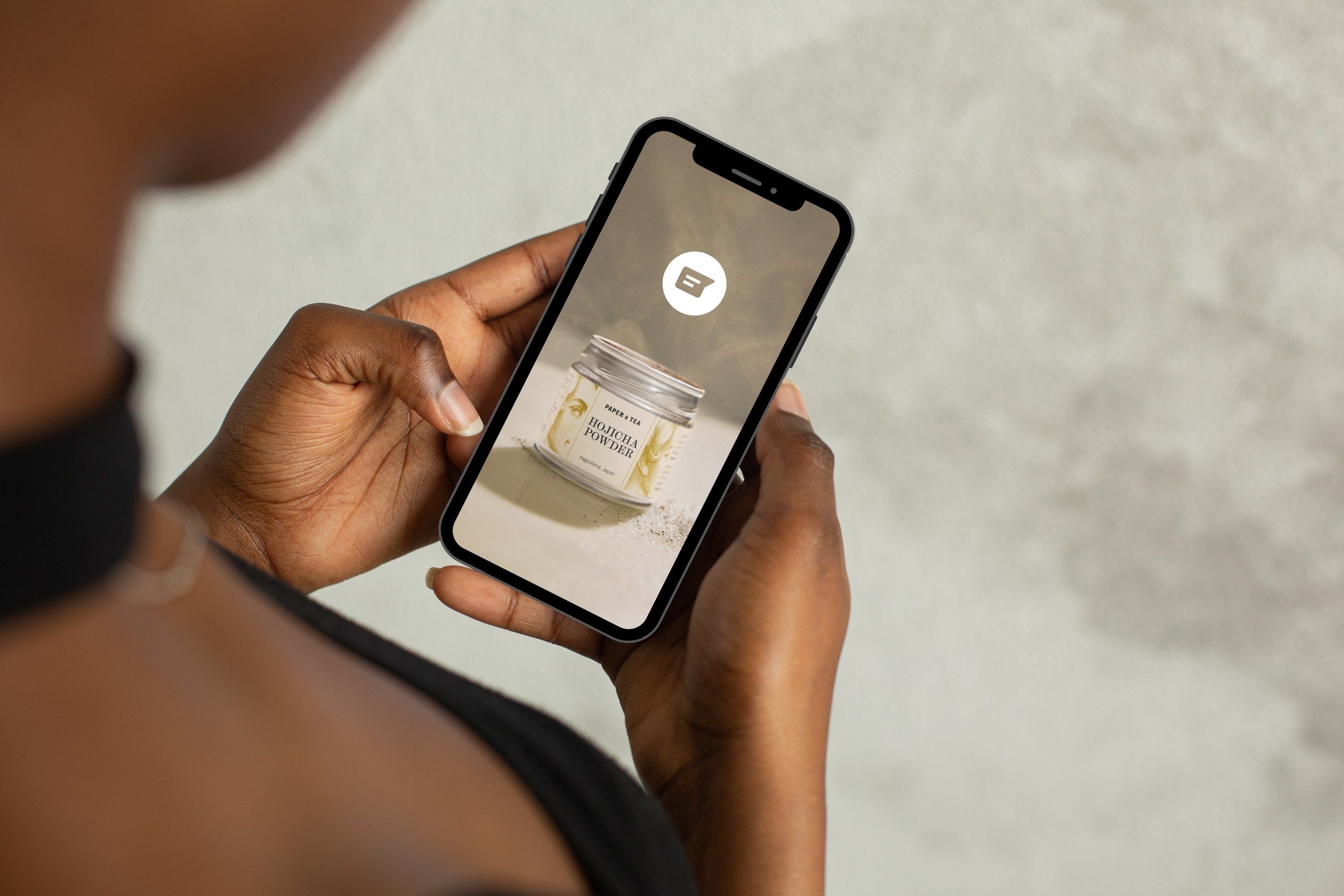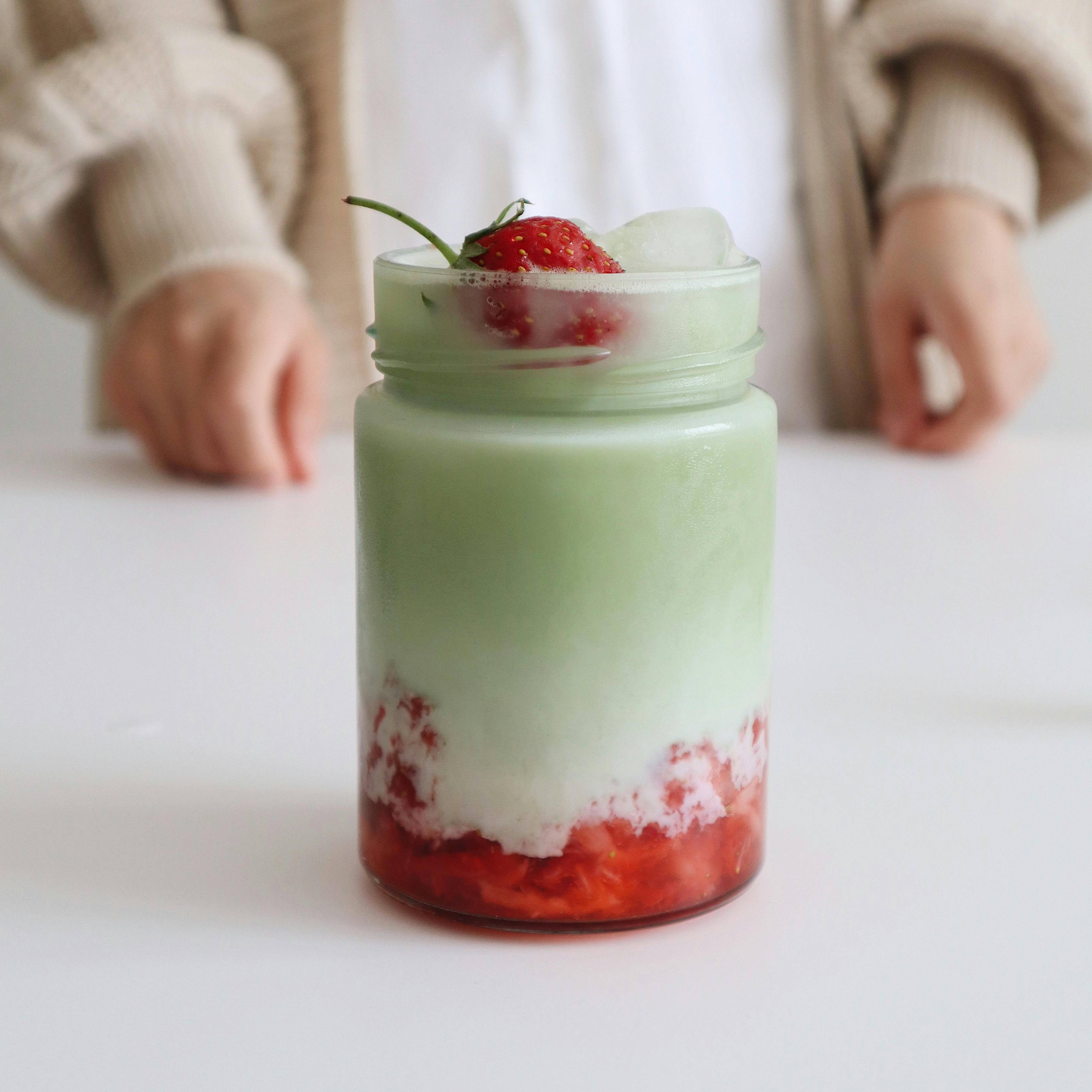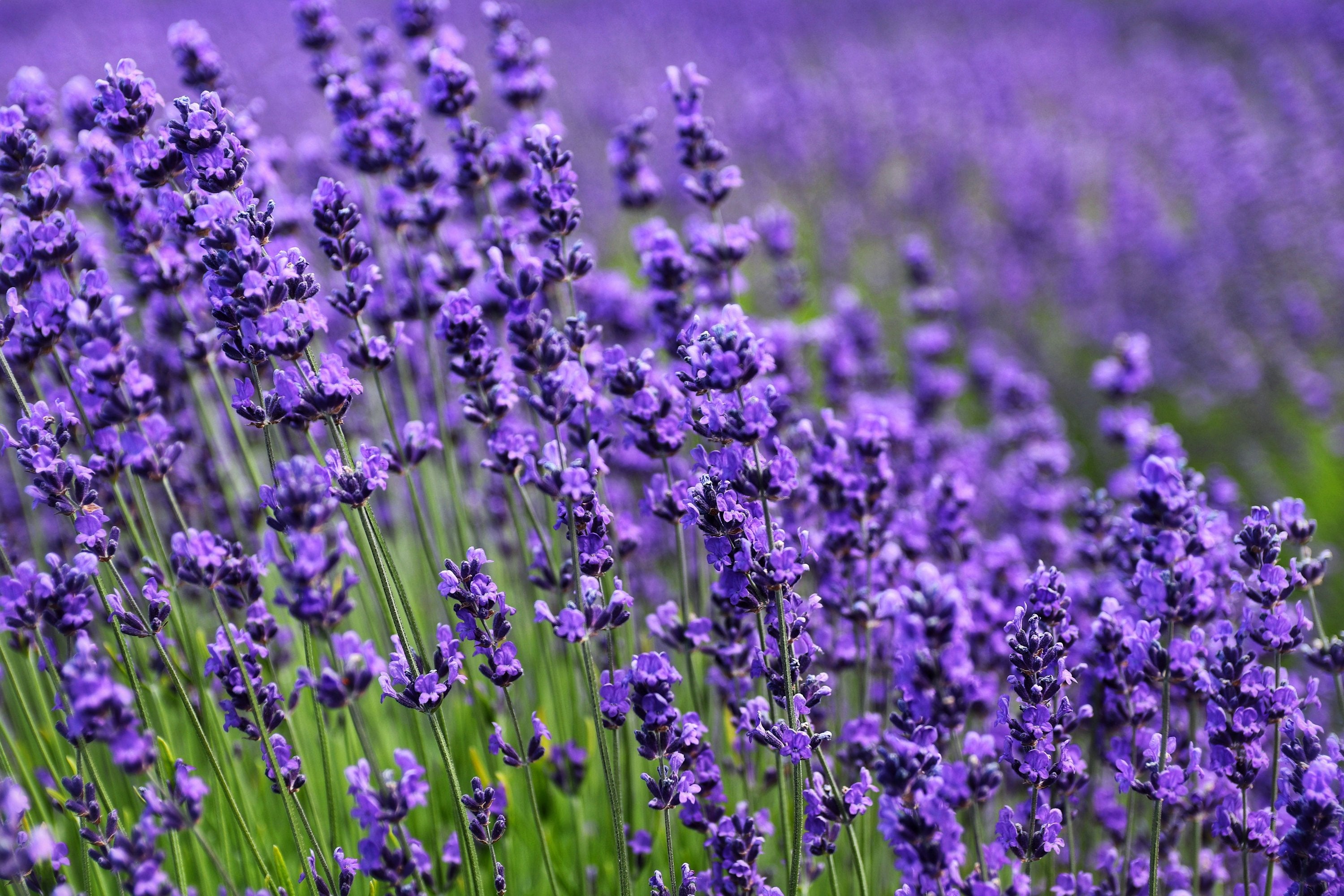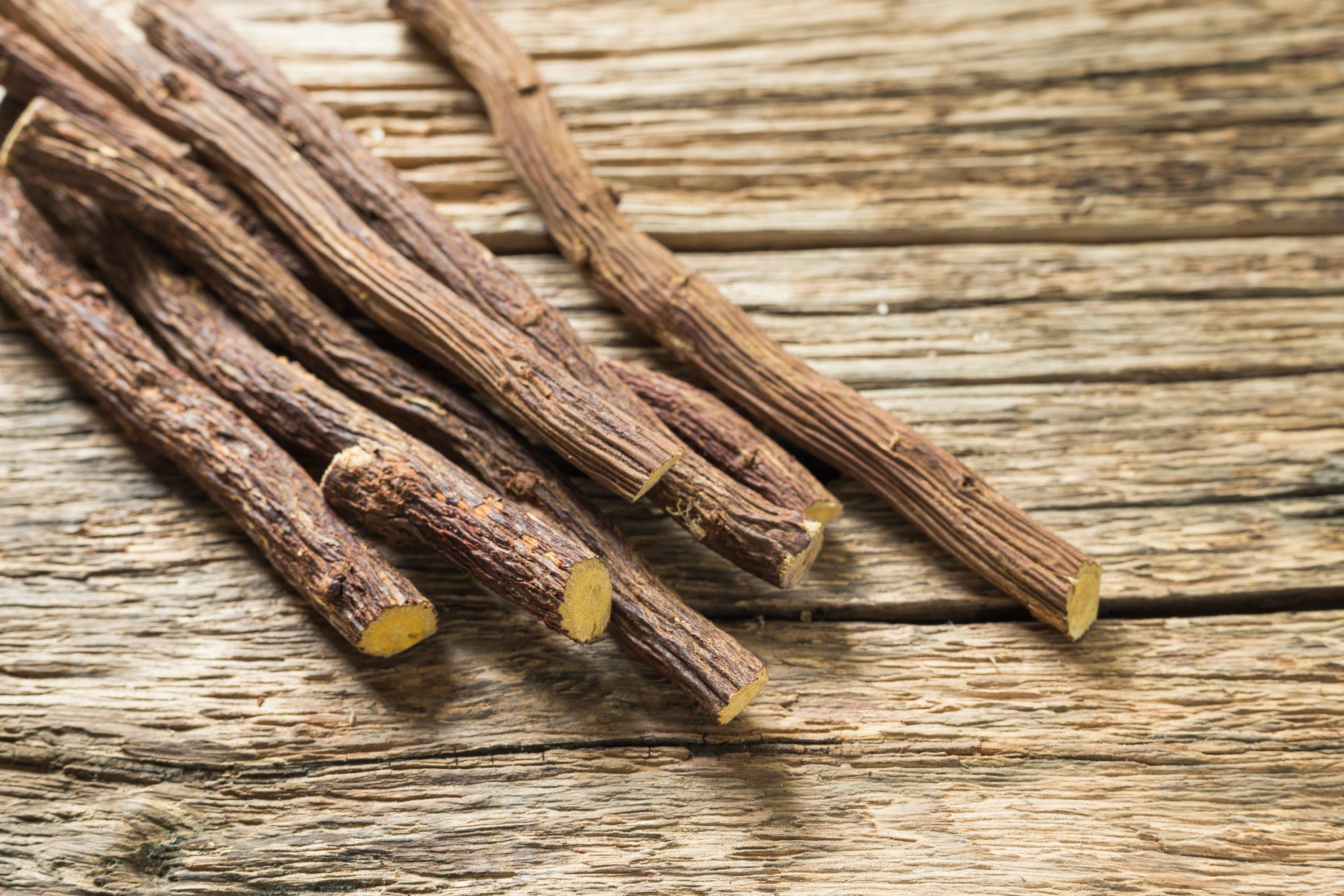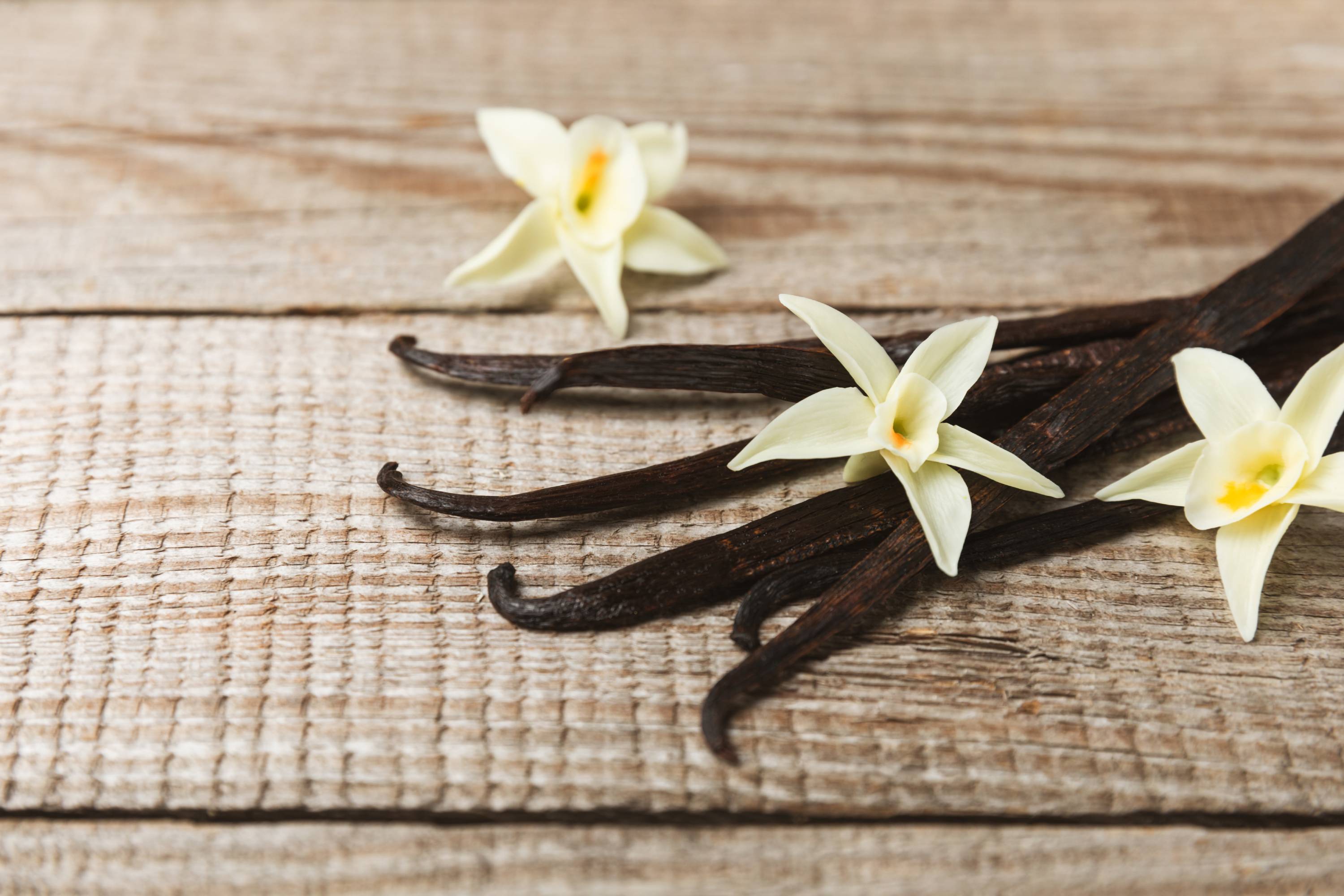The Stevia Plant
The stevia plant is a perennial herb thriving in humid, subtropical climates, particularly in Paraguay, Brazil, China, and Southeast Asia. It features oval, serrated leaves and small white flowers. The leaves are the sweetest part of the plant and are processed into steviol glycosides, which are used as natural sweeteners in various products.
Uses and Differences from Artificial Sweeteners
Stevia is frequently used as an alternative to traditional sugar in the food industry. It is approximately 300 times sweeter than sucrose and, unlike some artificial sweeteners, does not leave a bitter aftertaste. As a purely plant-based product, it is particularly appealing to vegans and those who prefer natural sweeteners.
Historical and Cultural Significance
Stevia originated with the indigenous peoples of South America, who traditionally used it to sweeten yerba mate tea. Named after the botanist Moisés Santiago Bertoni, stevia has gained wide acceptance in Asian countries like Japan and is now a globally recognised sweetener.
Interesting Facts and Research
- Calorie-Free: Stevia contains no calories, which makes it popular among health-conscious individuals.
- In the Kitchen: When cooking and baking, conversion is crucial as stevia is much sweeter than sugar. A small amount can replace significant quantities of sugar, and its heat stability makes it suitable for a wide range of recipes.
- Innovations: Researchers are working on developing new stevia varieties that are sweeter and improved in flavour.
- Approval: Stevia is approved as a sweetener globally, though regulations vary by region. It was authorised in the EU in 2011 after comprehensive safety studies.
- Eco-Friendly: The cultivation of stevia requires fewer resources than producing sugar from sugarcane or sugar beet.
